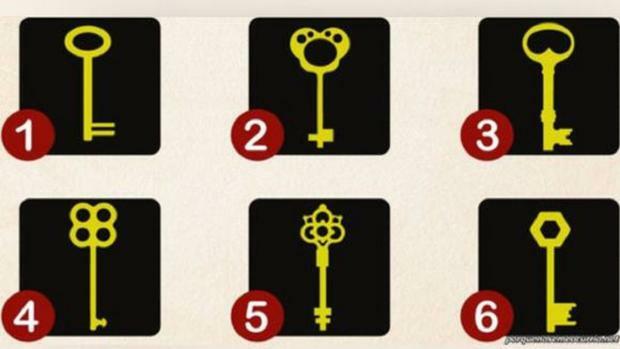The Arab world is made up of a mosaic of very diverse countries, ethnic groups and political aspects. between the northern portion of Africa, north of the Sahara, and the region known as the Middle East, an integral part of the continent Asian. One of the common characteristics of these countries is the predominance of the Islamic religion, which sometimes guides the most influential political practices and ideologies in relation to the population.
At the end of 2010, several Arab countries began to experience insurgencies and social upheavals that extended mainly during 2011 and that still reverberate in some locations, becoming known by the international press as the 'Arab Spring', based on the popular clamor for political reforms that would lead countries to democracies and social improvements immediate.
The first country to experience these demonstrations was Tunisia (‘Jasmine Revolution’), located in the Maghreb region of North Africa. Between December 2010 and February 2011 the popular movement overthrew the Ben Ali regime, which had been in power since 1987 and which ended up fleeing to Saudi Arabia. The protests began when a street merchant set fire to his own body in protest against the police, who withdrew his work permit. His martyrdom symbolized the struggle for greater job opportunities and improvements in living conditions in the country. The country held direct elections that brought the moderate Islamic Ennahda party to power and the nomination of Moncef Marzuki for the presidency.
In January 2011, Jordan began to experience a wave of protests for political reforms. Faced with an increasingly enraged population, King Abdullah II announced the idealization of a parliamentary government that it could offer greater possibilities for popular participation, which was only achieved, in theory, in January 2013.
Also in January 2011, Yemen and Egypt started demonstrations for political reforms. In Yemen, the situation has become even more critical due to the high level of poverty and the insertion of the al-Qaeda terrorist network in the country. After suffering an attack on his presidential palace, leader Ali Abdullah Saleh, who turned 33 in power, sought refuge in Saudi Arabia. In the name of immunity from war crimes charges, Saleh handed over the job to Deputy Abd-Rabbu Mansour Hadi, who assumed the presidency in February 2012.
In Egypt (‘The Lotus Revolution’), the demonstrations extended between the months of January and February 2011, the army practically changed sides and after disturbances and approximately 846 dead, in 18 days, dictator Hosni Mubarak, in power since 1981, resigned and one Military Board he assumed provisional control of the country until June 2012 when Mohamed Mursi, from the Islamic-oriented Freedom and Justice Party, linked to the Muslim Brotherhood, was elected. During 2013, there were several opposition movements to the Mursi government by liberals, leftist and Christian movements, contrary to what they call the Islamization of institutions. The main opposition movement to Mursi was the National Salvation Front, formed by parties of different orientations.
With the increase in social tensions, the military once again interfered in the country's political life, forcing Mursi to leave power in early July 2013, about 1 year after his victory by the vote democratic. Popular uprisings have continued, taking to the streets those who support Mursi and the Muslim Brotherhood, and at the same time those who do not accept the constant interventions of the military, which hinder the installation of a democratic regime and the strengthening of institutions democratic institutions.
See too: Retrospective on Movements in the Arab World - Part II
Julio César Lázaro da Silva
Brazil School Collaborator
Graduated in Geography from Universidade Estadual Paulista - UNESP
Master in Human Geography from Universidade Estadual Paulista - UNESP
Source: Brazil School - https://brasilescola.uol.com.br/geografia/retrospectiva-sobre-os-movimentos-no-mundo-arabe-parte-i.htm

